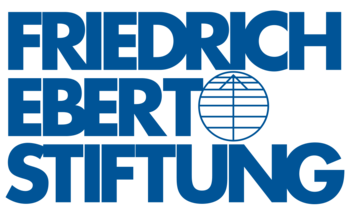Youth Election Study for the 2025 federal election
Friedrich-Ebert-Stiftung
The day of the 2024 European elections, June 9, 2024, was particularly significant from the perspective of young people in Germany: many young people, including 16 and 17-year-olds, were allowed to vote in an election for the first time. Our Youth Study on the 2024 European elections in Germany comprehensively examined the political attitudes and political behavior of young people in the run-up to the European elections. This is because the information landscape, especially the role of social media such as TikTok, poses major challenges for young people's relationship to politics and political parties.
Against this backdrop, February 23, 2025 is no less important a day for young people. Elections to the German Bundestag are the “main elections” in Germany, which are more in focus than any other elections. This is all the more true for early elections, which usually take place in times of crisis - as will be the case in 2025. Young people have experienced the collapse of a coalition, while at the same time they are confronted with a changing party system and, above all, stronger populist parties. All of this has shaped the election campaign and the election.
In addition, the elections in February 2025 were very ambivalent for many young people who were still eligible to vote in the 2024 European elections. Many were left out this time because they had not yet celebrated their 18th birthday. The fact that many young people were not eligible to vote in the 2024 European elections this time, despite being eligible, potentially leads to dissatisfaction with politics and democracy. At least that is what previous studies that we were able to carry out on a small scale suggest.
With the project “Youth Study on the 2025 Bundestag Election”, we want to investigate how young people react to this special situation of an early Bundestag election with - from their point of view - a thoroughly critical voting rights situation. In doing so, we are building on existing work, but also setting important new priorities. Once again, the core of the project is a register-based online survey of adolescents and young adults aged between 15 and 20 in Germany.
